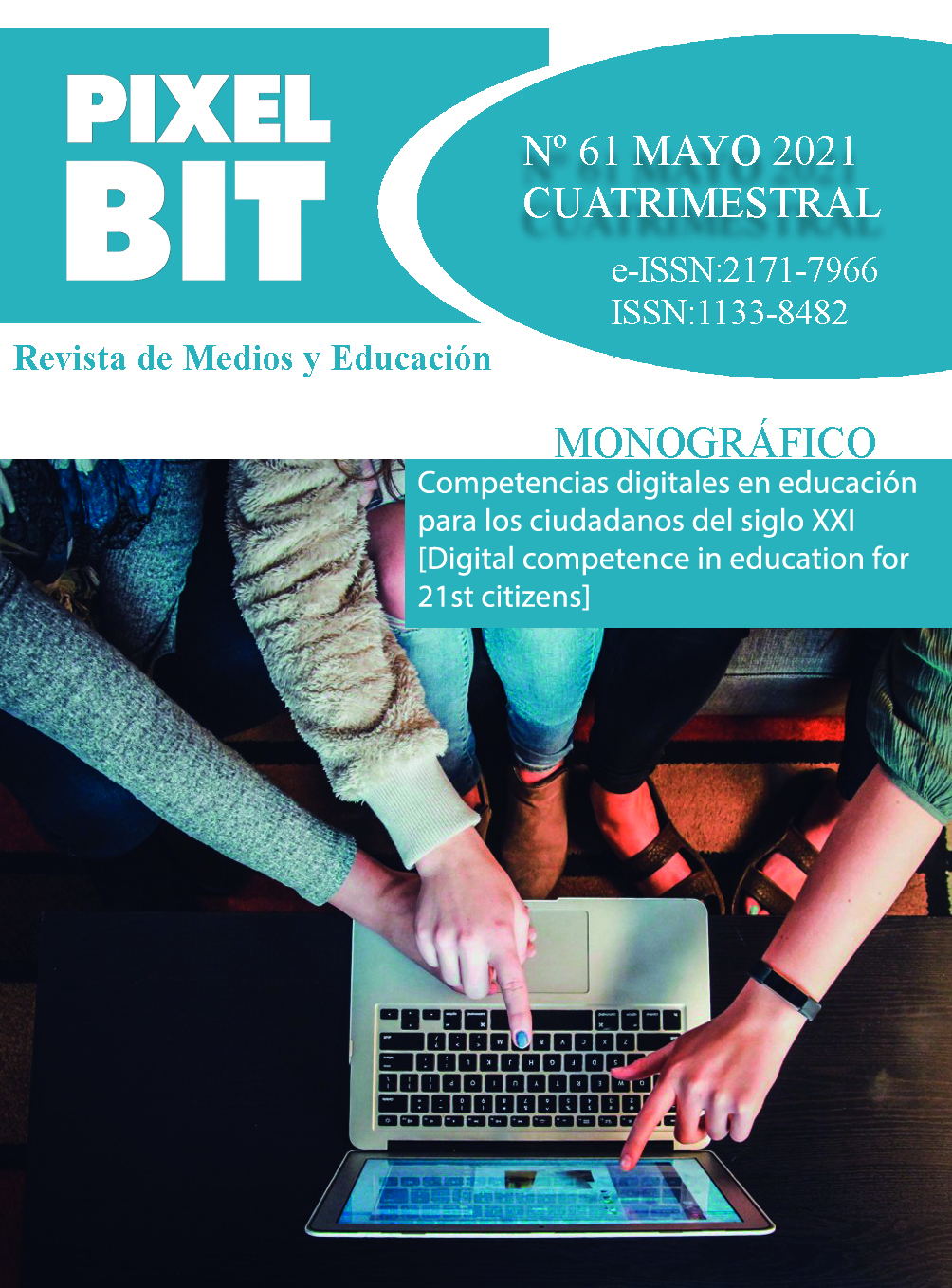Abstract
El artículo presenta el proyecto de eTwinning internacional “Hands of the World” (HOTW), que conecta más de 2000 estudiantes y sus profesores en 50 institutos de todo el mundo para llevar a cabo una gran variedad de trabajo educativo colaborativo apoyado por tecnología digital y en línea, y explora el impacto que ha tenido la participación en el proyecto para los estudiantes de magisterio a nivel de las competencias profesionales, el conocimiento y las actitudes. Este estudio examinó las experiencias de los estudiantes de magisterio para desarrollar su conocimiento y comprensión del aprendizaje intercultural utilizando las TIC al participar en un proyecto global. La investigación empleando un diseño de método mixto secuencial explicativo analizó los datos que se encontraban disponibles públicamente en YouTube™ y Padlet™. Se utilizaron dos conjuntos de datos principales: las respuestas a los seminarios web de desarrollo profesional y las reflexiones sobre la participación en el proyecto. Los datos se analizaron temáticamente centrándose en la competencia de las TIC, la pedagogía y la relevancia. En las conclusiones se destaca que la participación en el proyecto mejoró la competencia en las TIC de los estudiantes a través de la contextualización y el aprendizaje social y su confianza para utilizar y explorar la tecnología para la práctica de la enseñanza actual y futura. Nuestro análisis a nivel del tiempo, el espacio y la relevancia nos permitió identificar que el confinamiento de Covid-19 tuvo un impacto positivo en el aprendizaje de los estudiantes. Este trabajo demuestra que la participación en un proyecto contextualizado permitió a los estudiantes de magisterio desarrollar sus competencias en materia de TIC y que, para muchos, el período de confinamiento proporcionó un entorno de aprendizaje propicio.

This work is licensed under a Creative Commons Attribution-NonCommercial-NoDerivatives 4.0 International License.
Copyright (c) 2021 Pixel-Bit. Media and Education Journal

